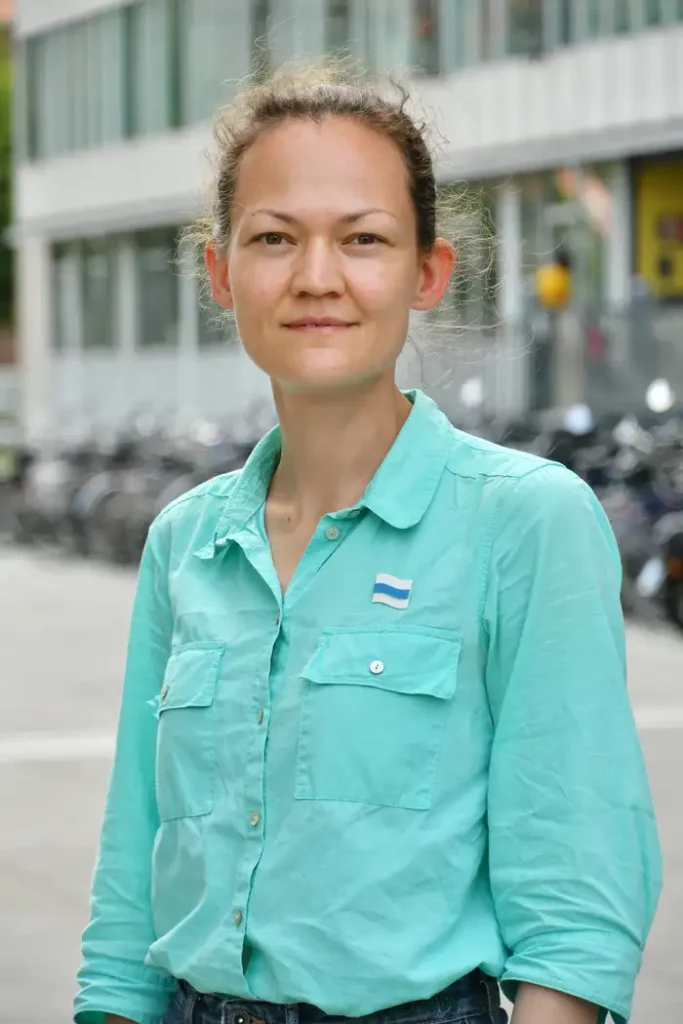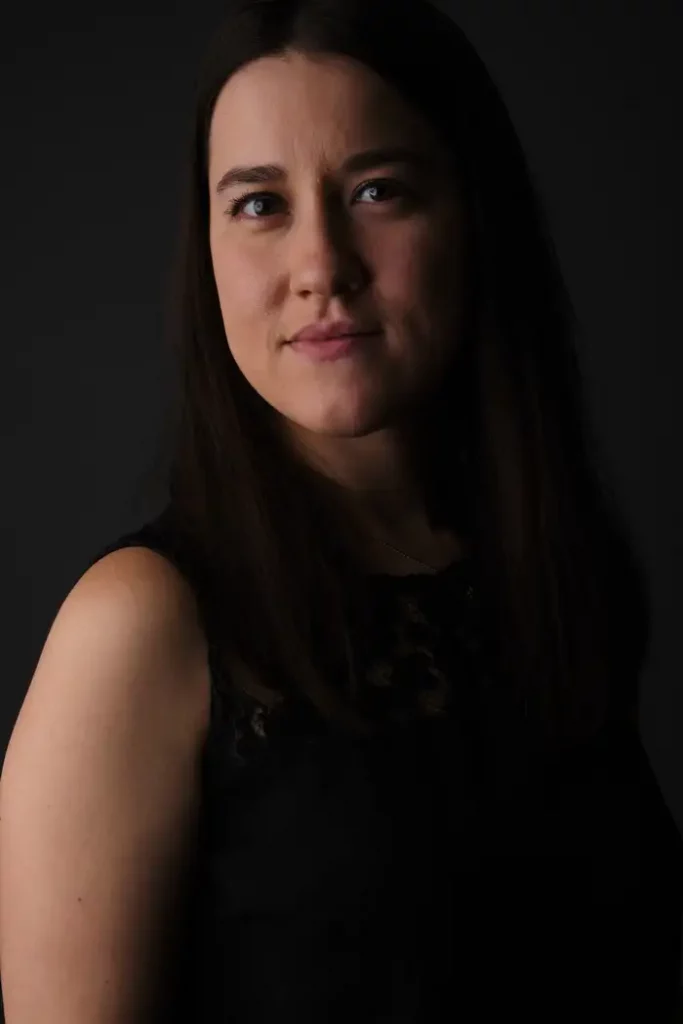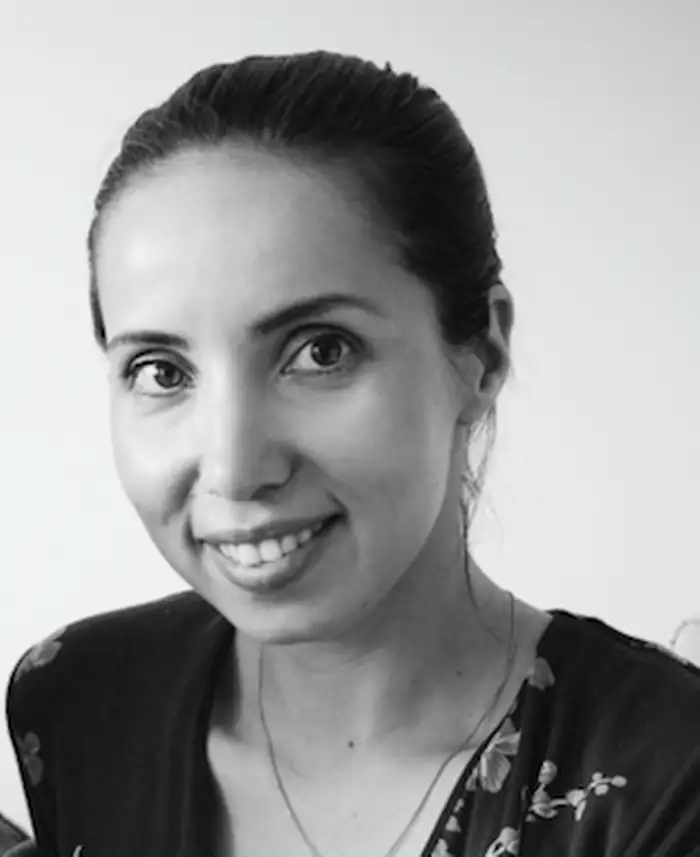 October 9, 2023 | 17:00
Panel
October 9, 2023 | 17:00
Panel
 Voxpop Amsterdam
Voxpop AmsterdamEastsplainers #7: Indigenous Communities
For this session, we welcome pianist Aliya Ishakova, who aims to raise awareness of and generate broader audiences for classical music from her home region, the Republic of Tatarstan. Our second speaker, Lana Pylaeva, combines her work as a physicist (Utrecht University) with work as a coordinator of FreeRussiaNL – a grassroots community of Russian-speaking humanitarian activists in the Netherlands. Pylaeva is of Komi origin – an indigenous Permian minority. Pylaeva and Ishakova will discuss the various indigenous communities that live across the Russian Federation and the challenges that these communities face because of their background. Among other topics, they will discuss the history of what recent studies define as a colonisation of ethnic minorities and strategies to resist this process. Furthermore, they will discuss what it is like to practice indigenous social and creative practices.
Political anthropologist Malika Bahovadinova, lecturer at the Institute of History at Leiden University and post-doctoral fellow at the University of Amsterdam, will moderate the session. Professor of Slavic languages and literatures Ellen Rutten will open the meeting with a short introduction of the Eastsplainers series as a whole.
Register here.

Lana Pylaeva
Physicist Lana Pylaeva (Utrecht University) has faced racism in Russia because of her ethnic background since her early childhood. Despite these experiences, it remained important for her to maintain her identity as Komi – an indigenous minority from the northeast of European Russia. Besides her work as postdoctoral researcher in physics, at the University of Utrecht, Lana is an active member of the anti-war and pro-democratic Russian community in the Netherlands, through her work as coordinator for the FreeRussiaNL foundation. Since February 2022, the organization has raised money for humanitarian aid to Ukraine and Ukrainian refugees in the Netherlands, and its members have helped journalists and activists from Russia who were forced to leave the country.

Aliya Iskhakova
Aliya Iskhakova is a pianist of Tatar origins who began her study in the Russian city of Kazan. After studying and graduating with honours from Kazan musical college and Kazan Conservatory, Iskhakova decided to continue her education in the Netherlands. She finished a Master’s program at the Rotterdam-based University of the Arts Codarts and graduated from the Amsterdam Conservatory. Iskhakova is a prize-winner of eleven (inter-)national music competitions. She has performed across Europe at the Concertgebouw, Bimhuis, Theatre Adyar and the Musica Mundi and Storioni International Chamber Music Festivals, among other venues. Since 2018, together with violinist Yulia Gubaydullina, Aliya founded Duo Mong. With their performances as Duo Mong, Gubaydullina and Ishkakova aim to introduce and promote Tatar classical music to broader European audiences.

Malika Bahovadinova
Malika Bahovadinova is a political anthropologist working on migration, bureaucracy and development. She is focusing on these themes exploring the politics of representation and colonial legacy and the changing content and normative ideas of citizenship. She conducted ethnographic research with high-ranking officials in migration bureaucracy and migrant workers in Tajikistan and Russia. Recent publications include Before the Law: Policy, Practice, and the Search for the ‘Prepared Migrant Worker’ in the Transnational Migration Bureaucracy, in The Central Asian World, (2023); In the shade of the chinar: Dushanbe’s affective spatialities (2020). She has also completed her book manuscript Making Migrants: The International Bureaucracy of Labour Export.